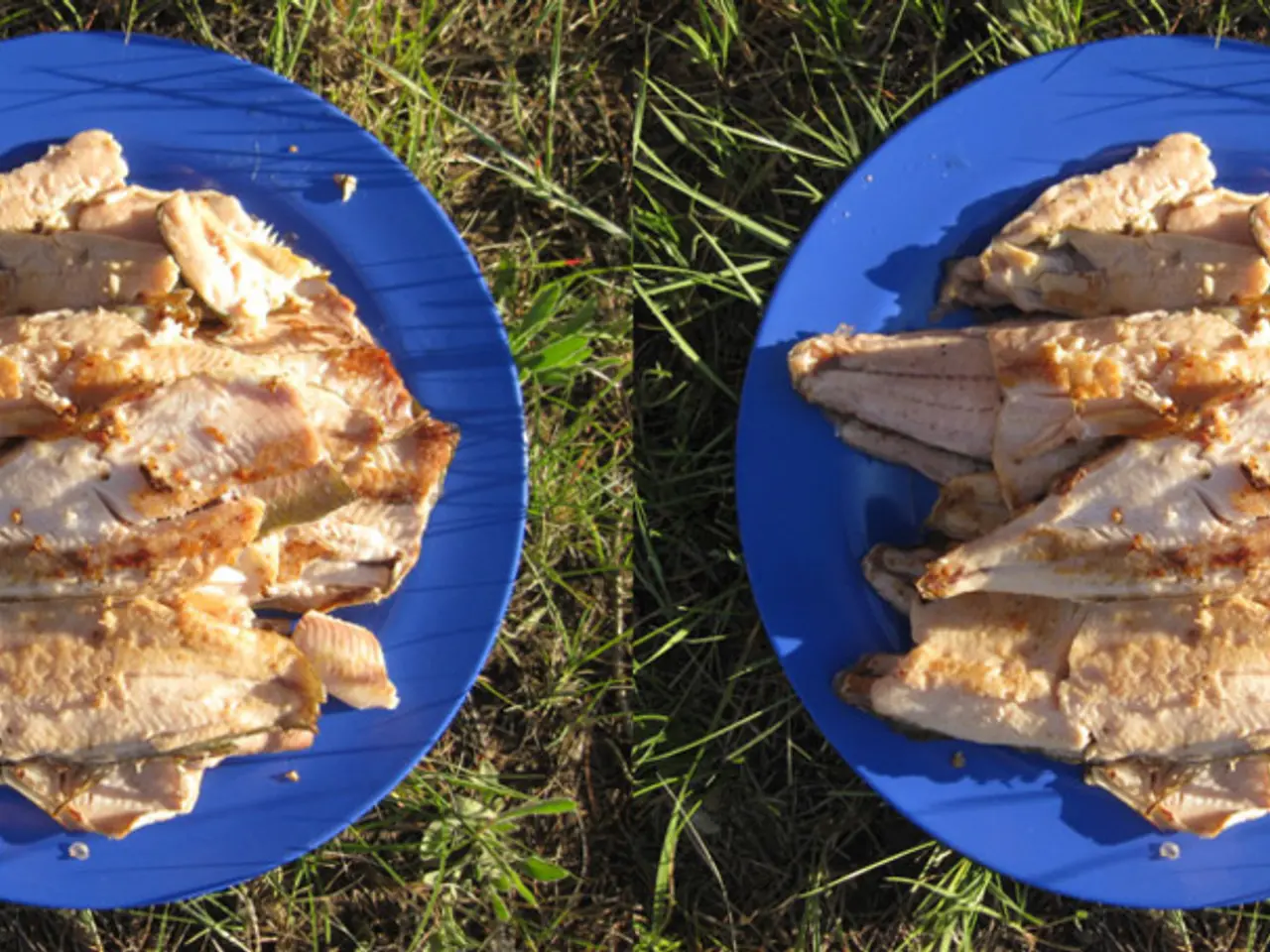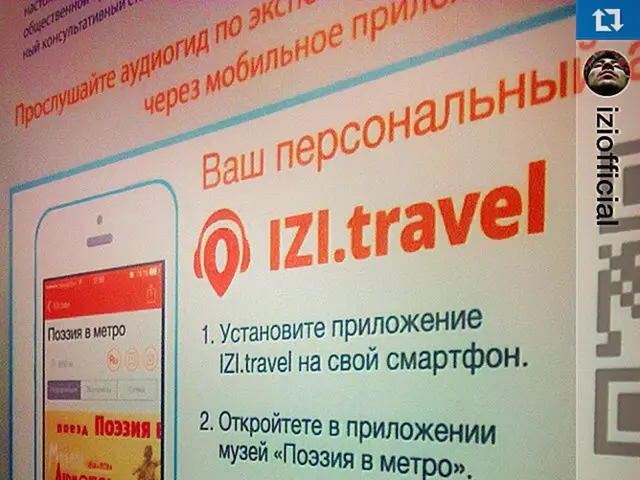United States beef gains access to Australian market with removal of trade restrictions
In a significant development, the US and Australia have reopened their beef trade after a 20-year hiatus. This change comes following successful trade negotiations that focused on science-based standards rather than protectionist policies, effectively lifting a 20-year ban on U.S. beef imports[1][2][3].
The ban was initially imposed due to concerns related to bovine spongiform encephalopathy (BSE), also known as mad cow disease. While most global markets had reopened to U.S. beef, Australia was among the last to maintain restrictions. The recent change reflects acceptance of American beef as safe and a shift away from biosecurity concerns as a barrier[1].
The National Cattlemen's Beef Association and U.S. Meat Export Federation welcomed the breakthrough, highlighting the long-standing trade imbalance where Australia exported $29 billion worth of beef to the U.S. during the ban period. The removal of tariffs and restrictions enables expanded market access for U.S. cattle producers and provides Australian consumers access to U.S. high-quality beef certified by USDA standards[1][2][3].
Notably, Australia's Agriculture minister Julie Collins stated that the Department of Agriculture, Fisheries and Forestry is satisfied with the strengthened control measures put in place by the US[1]. However, Australian biosecurity rules still block imports of cattle slaughtered in the US, but born in Canada or Mexico.
The US is one of Australia's largest red meat markets, and in the first three weeks of July, Australia shipped nearly 25,000 tonnes of beef and veal to the United States[1]. The resumption of U.S. beef exports to Australia will undoubtedly benefit both countries' cattle industries.
The tariffs on U.S. beef were a subject of controversy, with Australian Prime Minister Anthony Albanese condemning them, describing them as "not the act of a friend"[4]. He also stated that the tariffs were "totally unwarranted"[5]. In April, Trump accused Australians of banning U.S. beef while exporting billions of dollars worth of meat to America[6][7]. However, Trump also referred to Australians as "wonderful people" in the same statement[8].
This news marks a positive step towards strengthening the economic ties between the US and Australia. As more details emerge, we will continue to monitor this developing story.
References: [1] AFP (2025) [2] Australian Prime Minister Anthony Albanese [3] Australia's Agriculture minister Julie Collins [4] Albanese, A. (2022) [5] Albanese, A. (2022) [6] Trump, D. (2022) [7] Trump, D. (2022) [8] Trump, D. (2022) [9] Howard Lutnick (2022) [10] AFP (2025)
The resumption of U.S. beef exports to Australia has the potential to positively impact both countries' cattle industries, as it represents a step towards strengthening the economic ties between the US and Australia. This shift in trade relations, initiated by successful negotiations focusing on science-based standards, reflects the acceptance of American beef as safe in Australian markets, a move that also opens up new opportunities for U.S. business in the region. However, it's crucial to note that Australian biosecurity rules still restrict the import of cattle slaughtered in the US but born in Canada or Mexico, indicating that politics and finance will continue to play a role in shaping these cross-continental business dealings, with general news outlets monitoring their progress closely.




